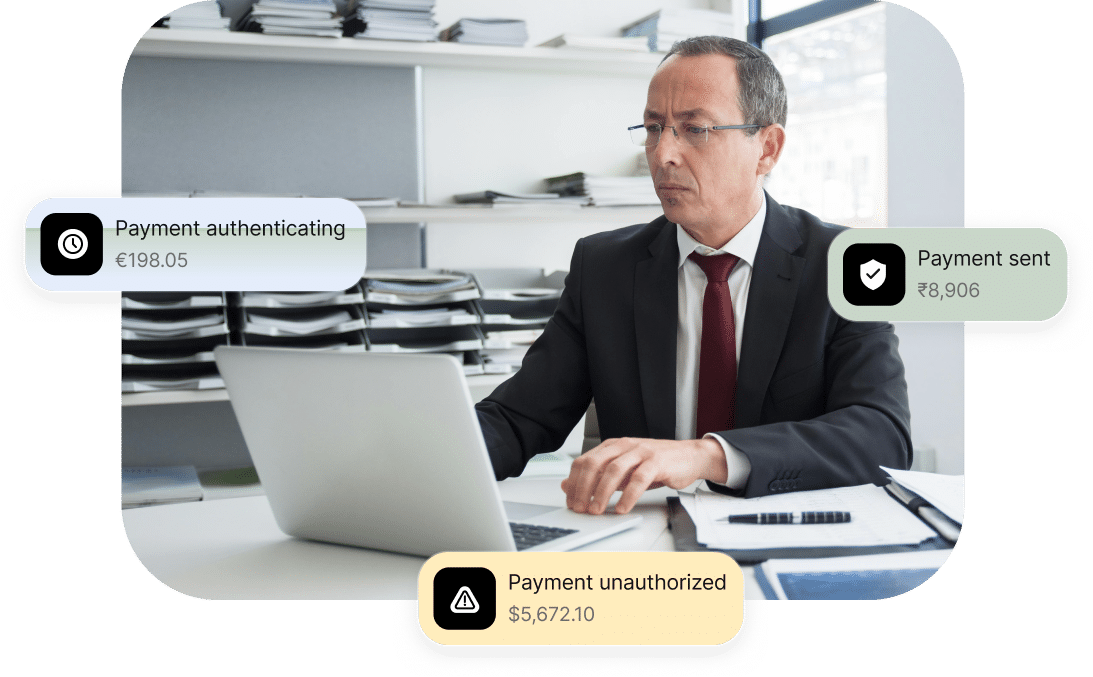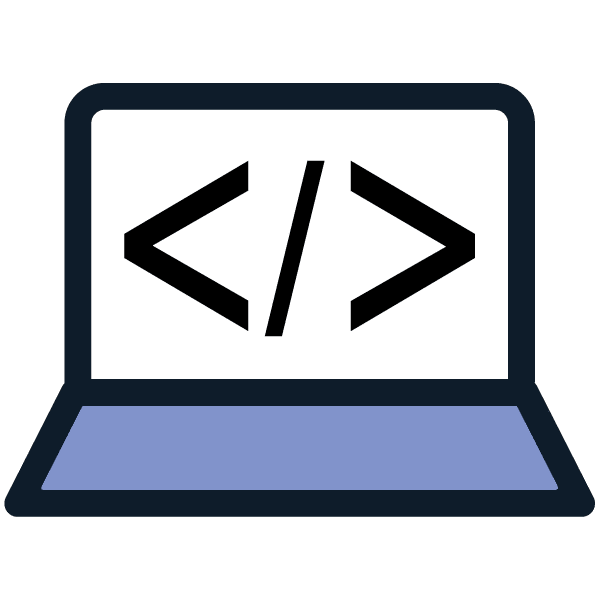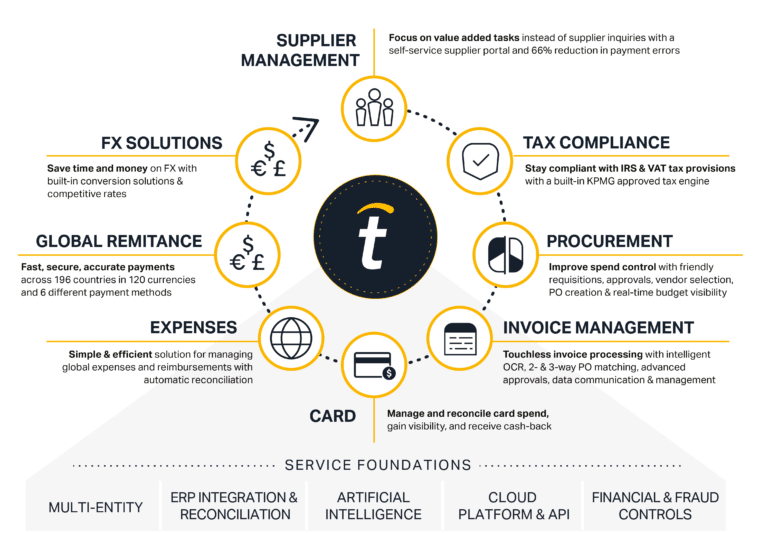The Total Guide to Sage 100 ERP
Our guide covers everything you need to know about Sage 100 ERP, including integration, market fit, pricing, features, and comparisons. Access our free e-book to learn more about automating accounts payable and global mass payments with Sage 100.
What is Sage 100 ERP?
Sage 100 ERP includes Sage 100cloud, which is ERP software used to manage accounting and business processes throughout the company. Sage 100 was originally Sage MAS 90 and Sage MAS 200, which were launched in 1985. Sage acquired MAS 90 and MAS 200 from State of the Art in 1998. Sage 100cloud addresses the business needs of small businesses and mid-sized companies.
In 2016, Sage made the user interface of Sage 100 more modern and added a dashboard, calling the product Sage 100c before renaming it Sage 100cloud. Currently, Sage refers to the product as Sage 100.
In the Sage 100 product line, besides Sage 100cloud, Sage currently supports Sage 100 and Sage 100 Contractor. Sage 100 Contractor includes project management software.
For cloud deployment, Sage 100 has an optional Sage Partner Cloud. Sage Partners, including ADSS Global, Cloud at Work, CompuData, RKL Solutions, and SWK Technologies, provide cost estimates for implementing and using Microsoft Azure, AWS, or Sage-accredited cloud platforms.
Sage Business Cloud Accounting software includes bookkeeping, invoicing, e-billing to accept customer payments online, accounts receivable, accounts payable, general ledger, bank transaction feeds, bank reconciliation, and financial reports. Users can customize reports with Crystal Reports.
Sage 100 Advanced and Complete plans can be used as a Microsoft SQL Server version of Sage.
Features
Key Features and Benefits of Sage 100
Sage 100 has these key features and benefits.
Robust inventory management, purchase orders, and sales orders (in Sage 100 Advanced and higher pricing plans)
Sage 100 inventory management includes multiple warehouses, serial and lot number tracking, forecasting and replenishment, sales kit processing, and physical inventory counts.
The Sage 100 ERP cloud provides inventory management features for inventory tracking that fits distributors and manufacturing companies with complex operations.
Sage 100 also provides functionality for purchase orders and sales orders.

Industry-specific plan features for distribution and manufacturing companies
Industry-specific Sage 100cloud manufacturing features include inventory requirements planning, capacity planning, scheduling, real-time inventory item status, advanced job costs, adjustments to inventory, materials, and production processes in real-time, and alerts.
Industry-specific distribution company functionality includes warehouse management, item pricing, real-time stock status, backorders, reorder points, sales history, turnover, valuation, and status alerts.

Developer customization for Sage 100cloud with available source code
Certified Sage Partners customize Sage 100cloud with user-defined fields, custom scripting, and Custom Office to modify screen layouts, buttons, and field labels, and use Visual Integrator for third-party integrations.

Sales tax calculations and tracking
Sage 100 lets you set up sales tax by state and province for sharing by multiple companies and sales tax reporting.

Credit card processing but no corporate card issued
Like QuickBooks, Sage 100 ERP cloud offers customer credit card processing to sellers using its ERP solution. Sage 100 doesn’t issue a corporate credit card for employee spending.

Multi-Currency with modules
Adding multi-currency modules in Sage 100, including Sales Order Module (SOMC), Accounts Receivable Module (ARMC), and General Ledger Module (GLMCC), add multi-currency capabilities to Sage 100.

Purchase order manual processes with the Sage 100 Advanced or Complete versions
The Sage 100 Purchase Order module includes manual processes, although it lets your company develop some automated workflows.

No payouts automation
Sage 100 ERP has manual payouts functionality without automation that a third-party solution like Tipalti mass payments provides.
Available integration with Microsoft Office 365 software
Sage 100 can be integrated with Microsoft 365, including Excel, Word, Outlook, SharePoint, OneDrive, and other Microsoft app tools.
Sage Business Care support
Sage Business Care for Sage 100 is available in three plan levels: Silver, Gold, or Platinum.
Modules
Sage 100 Modules
Sage software enhancements beyond ERP (with core accounting) include Sage modules and third-party add-ons*:

Sage 100 Payroll
The Sage 100 Payroll module assigns employees to 1,000+ departments, processes paychecks, tracks earnings and expenses, and provides simple payroll tax reporting.
Sage 100 Time Track
The Sage 100 Time Track module integrates with the Payroll Employee Master File; works with the Job Cost module to track by job number and cost code and generate certified payroll reports complying with federal agency requirements; and allows simultaneous data entry by multiple users.

Multi-Currency and DSD Multi-Currency Suite
Multi-currency can be added to Sage 100 by adding Sage 100 multicurrency modules for sales orders, accounts receivable and general ledger. The DSD Business Systems third-party add-on increases the multi-currency features. (Tipalti also offers advanced FX software that integrates with its AP automation, mass payments software, and Sage 100.)
Cash Management and Forecasting
Sage 100 cash management and forecasting module features include preparing cash flow forecasts with what-if scenarios to analyze the cash impact. Sage 100 cash management integrates with other Sage 100 modules to simplify cash management inputs.

Sage CRM for Customer Relationship Management
Sage 100 users can choose Sage CRM or integrate third-party Salesforce CRM software for custom relationship management.
Sage Operations Management*
The Sage Operations Management developed by Scanco adds manufacturing and warehouse management capabilities to Sage 100.


Sage Inventory Advisor*
Sage Inventory Advisor, from Sage partner Net@Work, optimizes inventory management by using data to reduce stockouts, excess inventory, forecasting time, and costs.
More Modules and Third-party Add-ons*
Sage Enterprise Intelligence (for business intelligence)*
Sage Enterprise Intelligence, developed by Nectari Software Inc., provides data-driven business intelligence.
Sage Alerts and Workflow*
Sage Alerts and Workflow, developed by Vinyardsoft Corporation, uses automated data mining monitoring to provide alerts, workflows, and reporting for critical interventions.
Sage Data & Analytics*
Sage Data & Analytics, developed by ZAP, incorporates pre-built data models from your previous system before Sage 100 to retain data visibility with dashboards and business intelligence software integration.
Sage Fixed Assets software (with four modules) is deployed either on the cloud or on-premises. Barcode scanners work with Sage Fixed Assets to automate tracking.
Sage also has human resources software, Sage HRMS, an on-premises software solution that’s not cloud-based.
Industries
Industries Using Sage 100
Small and medium-sized businesses (SMBs) use Sage 100cloud as their ERP (enterprise resource planning) system. Businesses as small as startups can use Sage 100.
Industries using Sage 100 ERP are:

Advertising & Digital Marketing Agencies

Apparel, Footwear & Accessories

Campus Stores

Consulting

Energy

Education

Financial

Food & Beverage

Government

Health & Beauty

Healthcare & Lifestyle

IT Services

Manufacturing

Media & Publishing

Non-profits

Professional Services

Restaurant & Hospitality

Retail

Sciences

Tech

Transportation & Logistics

Wholesale Distribution
Sage 100 ERP cloud works for manufacturers using discrete, repetitive manufacturing, assembly, or customized fabrication as their manufacturing process.
To handle eCommerce, you need third-party software integration with Sage 100 using eBusiness Web Services, creating a Sage 100 API or flat-file connection.
Implementation
How to Implement and Use Sage 100
Implement Sage 100 using an authorized Sage reseller, also offering consulting and customization services. Sage 100 ERP support provides online resources, including those located at Sage Support Central, for a searchable Knowledgebase, Ask Community, and Sage 100 training courses. YouTube videos are used as a Sage 100 tutorial. Sage customer support includes chat and phone support.

Step 1
Team
Establish a Sage 100 implementation team with an employee team leader, functional team leaders, and a Sage partner reseller consultant.

Step 2
Planning
Plan the implementation, including third-party add-on software integrations, task assignments, milestones, and deadlines.

Step 3
Training
Employees need Sage 100 training through courses and online training materials. Consider using your Sage 100 trained employees as future hands-on functional user trainers.

Step 4
Data Migration
Clean data and migrate the data from prior systems to Sage 100.

Step 5
System Testing, then Going Live
Before going live, test the Sage 100 ERP system in a sandbox environment.
Step 6
Post-implementation Report
Have the implementation team document successes and weaknesses in the implementation process with suggestions for improvement in future implementations.
How Does AP Automation Software Integration Work With Sage 100?
Third-party AP automation software streamlines workflow. It integrates through the Sage 100 login, using a flat-file integration connection. The best accounts payable and global mass payments automation software is an end-to-end solution, beginning with self-service supplier onboarding. Tipalti has this functionality, reduces fraud risk, and speeds processing time by up to 80%.
Tipalti AP automation features include:
- Syncing to general ledger and automated payment reconciliation
- Intuitive user interface for ease of use
- Replacing manual data entry for payables with digital, automated invoice processing
- Self-service supplier onboarding, with tax form collection and choice of 50 payment methods
- Tipati AI℠ for automated GL account coding, error detection, and business insights
- Application of over 2,600 payment rules
- Three-way or two-way matching
- Automated global regulatory compliance
- Tax compliance preparation reports and optional eFiling through partnered Zenwork Tax1099 software
- Automated approval routing
- Payments to 200+ countries in 120 currencies

Tipalti’s other finance automation products in its unified platform (besides AP automation) include:
- Mass payments
- Expenses
- Procurement
- Multi-FX and FX Hedging advanced foreign exchange products
Tipalti mass payments software automates global payouts in large batches for efficiency. These payouts are to creators, ad networks, publishers, affiliates, influencers, and independent contractors like freelancers. Tipalti mass payments integrates with performance marketing systems.
Tipalti Expenses software works with the AP automation software and adds a mobile app for submitting and approving expense claims created by using photo receipt capture. Tipalti Expenses flags non-compliance with your company policy for expenses. The AP automation software reimburses employees for approved expenses.
Tipalti Multi-FX and FX Hedging software products work with Tipalti’s AP automation and mass payments software to improve the handling of foreign exchange transactions. Multi-FX lets you make payments for all international subsidiaries through one virtual, centralized account. FX Hedging for payables lets your company lock in foreign exchange rates on invoices before the payments are due. Mutli-FX supports 30 currencies.
Recommendations
You may also like
Sage 100 ERP FAQs
Is Sage 100 an ERP system?
Yes. Sage 100 is an ERP system for enterprise resource planning in small and medium companies that handles accounting and other functional business processes throughout the organization.
Is Sage 100 being discontinued?
No. Sage 100 is not being discontinued, although yearly version updates may be required about three years after the release date.
How much does Sage 100 cost?
Sage 100 starts at under $100 per user per month for the core system before optional modules. Request a quote for customized pricing.
